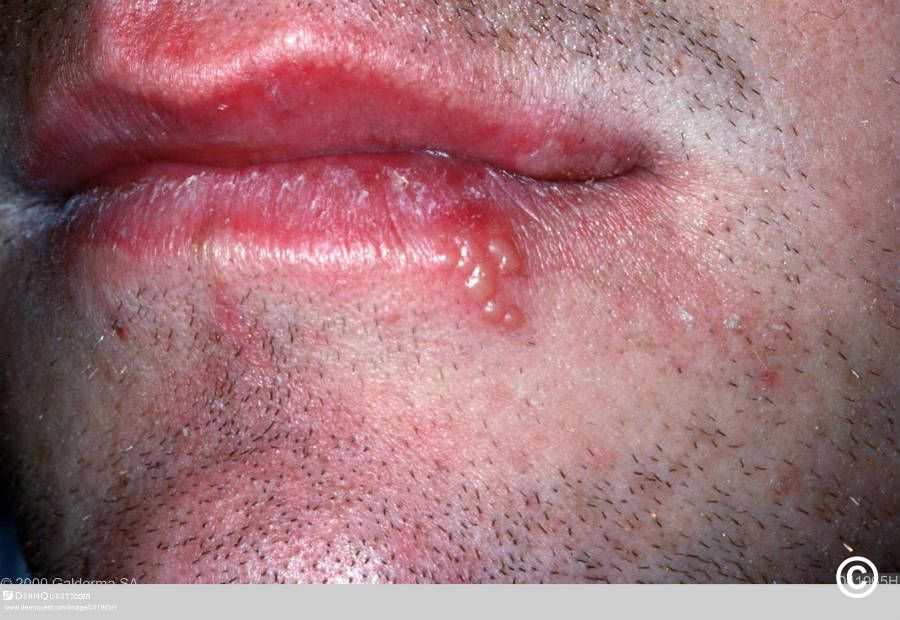
Herpes is a common sexually transmitted infection (STI) that is caused by the herpes simplex virus (HSV). There are two types of herpes viruses: HSV-1, which primarily causes oral herpes, and HSV-2, which primarily causes genital herpes. Both types of herpes can cause symptoms that can be painful and uncomfortable. In this article, we will discuss the symptoms of herpes and how to recognize them.
It’s important to note that not everyone who is infected with herpes will experience symptoms. In fact, many people with herpes are unaware that they have the virus because they do not have any noticeable symptoms. However, for those who do experience symptoms, they can range from mild to severe and may come and go over time.
1. Common Symptoms
The most common symptoms of herpes include:
-
- Blistering sores
-
- Pain or itching in the genital area
-
- Painful urination
These symptoms can occur within a few days of being exposed to the virus and may last for a few weeks. In some cases, symptoms may reoccur periodically, especially during times of stress or illness.
2. Oral Herpes Symptoms
HSV-1 is the herpes virus that is responsible for oral herpes, which can cause symptoms such as:
-
- Cold sores or fever blisters on the lips or around the mouth
-
- Pain or tingling in the affected area
-
- Sore throat or swollen glands
These symptoms can be painful and can be triggered by exposure to sunlight, stress, or a weakened immune system.
3. Genital Herpes Symptoms
HSV-2 is the herpes virus that primarily causes genital herpes, which can lead to symptoms including:
-
- Blistering sores in the genital area, buttocks, or thighs
-
- Pain or itching in the genital area
-
- Painful urination
These symptoms can be particularly distressing and may cause discomfort during everyday activities such as sitting or walking.
4. Flu-Like Symptoms
In addition to the physical symptoms, herpes can also cause flu-like symptoms, including:
-
- Fever
-
- Fatigue
-
- Headache
These symptoms may accompany the appearance of sores and can make the experience of having herpes particularly unpleasant.
5. Asymptomatic Herpes
As mentioned earlier, some people with herpes may not experience any symptoms at all. This is known as asymptomatic herpes, and while it may seem like a blessing, it can also lead to unknowingly spreading the virus to others. This is why it’s important for everyone to get tested for STIs, including herpes, and to have open and honest conversations with sexual partners about their sexual health.
6. When to See a Doctor
If you suspect that you have been exposed to herpes or are experiencing symptoms of the virus, it’s important to see a healthcare provider. A doctor can perform tests to confirm a herpes diagnosis and can provide guidance on managing symptoms and preventing the spread of the virus to others.
7. Treatment Options
While there is no cure for herpes, there are medications that can help manage symptoms and reduce the frequency of outbreaks. Antiviral drugs can help control the virus and may be prescribed for both genital and oral herpes. Additionally, over-the-counter pain relievers and topical treatments can help alleviate discomfort caused by sores.
8. Prevention
Preventing herpes and other STIs starts with practicing safe sex. Using condoms and dental dams can reduce the risk of transmitting herpes, but it’s important to note that these methods are not foolproof. It’s also important to communicate openly with sexual partners about STI status and to get tested regularly.
9. Coping with Herpes
Living with herpes can be challenging, but it’s important to remember that it’s a common virus and that you are not alone. Seeking support from healthcare providers, support groups, or trusted friends and family members can help manage the emotional impact of herpes and provide guidance on navigating sexual relationships.
10. Conclusion
Recognizing the symptoms of herpes is an important step in managing the virus and preventing its spread. Whether you experience symptoms of herpes or not, seeking regular testing and open communication about sexual health are crucial for preventing the spread of STIs. Remember that having herpes does not define you, and with the right support and resources, it is possible to live a healthy and fulfilling life.

















